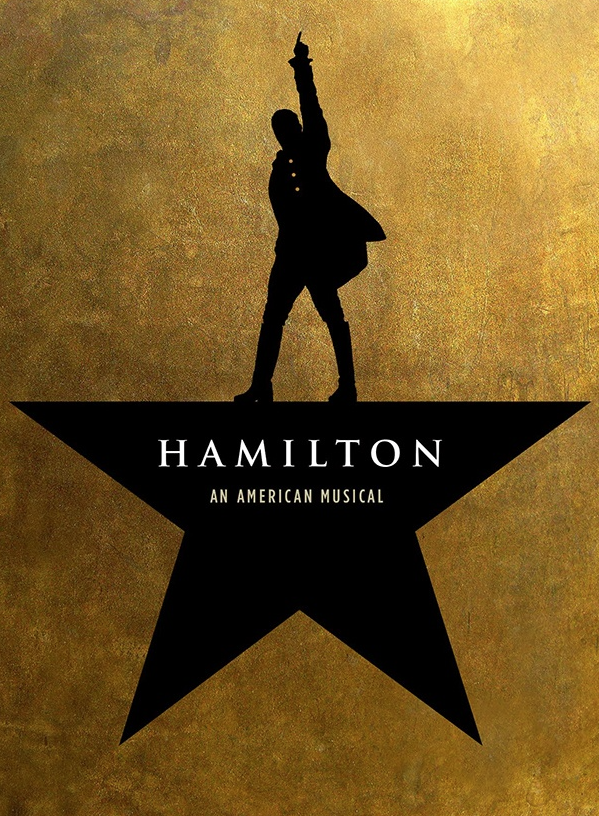President’s Day and “Hamilton”
March 7, 2016
Set in the pre-Revolutionary War years, Hamilton enlightens audiences of Hamilton’s rise from an immigrant status to a founding father and secretary of treasury. Written and performed by Lin-Manuel Miranda and directed by Thomas Kail, the musical’s use of rap and R&B ballads to tell Hamilton’s story is fresh and innovative. Miranda depicts the struggles of an immigrant attempting to lead a new nation when he sings:
I am just like my country
I’m young, scrappy, and hungry
And I’m not throwing away my shot. (Miranda)
Although he was not president during his lifetime, Hamilton was “hungry” for change; his ideas of a national bank and taxes that raise money for the government are essentially the foundation of our country today. This musical helps the youth as well as adults understand the importance of President’s Day through how it recognizes the struggles of regular people rising up to obtain the American dream and become leaders. The music is also easily accessible with rap songs that allow the audience to understand the history and government policies being discussed in a simpler way. For example, in the song Cabinet Battle #1, Hamilton attempts to convince Congress of his plan for the National Bank through a rap-style song. Meanwhile, Thomas Jefferson, who advocates small government and states’ rights, repudiates:
But Hamilton forgets
His plan would have the government assume state’s debts
Now, place your bets as to who that benefits:
The very seat where Hamilton sits. (Miranda)
Miranda uses an AABB rhyme pattern and straightforward language to make the government debate comprehensible and entertaining. Through his rap-and-ballads style, he is able to convey the dramatic story of the founding father with beautiful melodies and beats.
At the same time, Hamilton also breaks racial boundaries in foregoing the usual typecasting on Broadway. Performers of all ethnicities play the roles of the founding fathers and colonists, who were mostly white in the 1700s. In particular, Leslie Odom Jr., an African American actor, portrays Aaron Burr in the musical. It is refreshing to see a musical written with the intention to cast people of different ethnicities and I hope this will establish a new normalcy in the theatre.
The impact of Hamilton is immense, as shows are sold out until next summer and the cast was asked to perform at the Grammy Awards. I am elated to see a musical taking a greater leap with its music genre and diversity as well as helping Americans to understand the importance of our history. I predict Hamilton will be sweeping the Broadway stage for a while.



